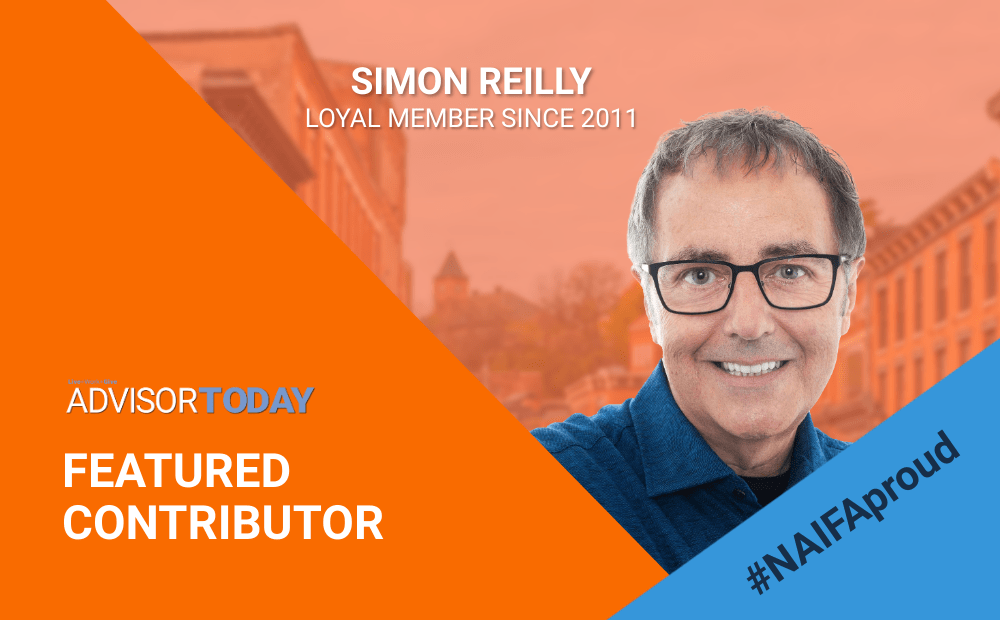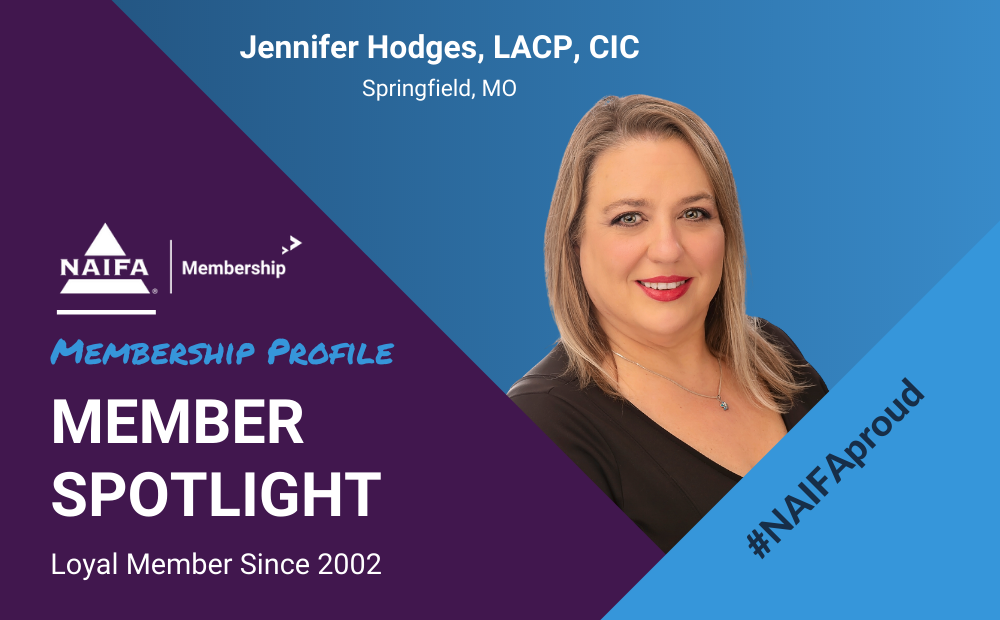What is a Modern Elder?
The Modern Elder Academy describes modern elders as people in midlife (45–65) or older who are as curious as they are wise.
“Elderly refers solely to years lived on the planet, while ‘elder’ refers to what we do with those years” – Chip Conley, Author of Wisdom@Work and Co-Founder of The Modern Elder Academy
“Many people age without synthesizing wisdom from their experience, but modern elders reflect on what they’ve learned and incorporate it into their relationships with younger generations. A modern elder doesn’t assume ‘reverence’ but is instead curious with a desire for learning, connection, understanding, and ‘relevance’ as both mentor and intern, sage and student, teacher and learner, all at the same time. We believe we’re all modern elders in the making.” – Chip Conley
As a Modern Elder Academy Graduate, I have taken live and virtual courses on Purpose, Transition, and Regeneration from the founders of The Modern Elder Academy. Here are some insights on what it takes to be a Modern "Financial Advisor" Elder based on my experience with MEA and three decades as a financial advisor coach, speaker, and writer.
Since 2020, everything has been changing everywhere all at once, contributing to psychological debt without understanding a Regressive vs. Regenerative Mindset and a Fixed vs. Growth Mindset. Change is situational. Transition is psychological. Psychological debt will disrupt your business if the psychological debt is not understood and dissolved.
Covid, wars, supply chains, inflation, markets, interest rates, banking crisis, recession, what's next?
Are you, your prospects, and your clients distracted by wondering what is next?
Are you up to date on financial advisory and emerging trends? Are you ready for the future? Do you understand the difference between change and transition? How do you, as a financial advisor, view the future of your retirement?
Careers change or end. Relationships change or end. Role(s) in life continually change. Some changes hit us out of the blue; some have been brewing for decades.
Concerning financial advisors and their retirement, a recent survey indicates 65% of financial advisors will cycle in and out of numerous retirement transitions into their 70s and 80s.
Do you understand the differences between these mindsets? Regressive, Fixed, Growth, Regenerative?
"Someone with a growth mindset views intelligence, abilities, and talents as learnable and capable of improvement through effort. On the other hand, someone with a fixed mindset views those same traits as inherently stable and unchangeable over time." – Harvard Business Review
A Regressive Mindset includes flux, depression, frustration, grief, accelerating age, and a regressive mindset compounds frailty, feeling useless, and feeling like a burden. These compound fears override the impulse to grow.
A Regenerative Mindset provides excitement, curiosity, growth, improvement, and embracing the future.
“The only constant in life is change.” – Heraclitus
How many financial advisors need help with practice building and management change related to the following?
- Writing a business plan?
- Documenting processes and systems?
- Managing time?
- Delegating?
- Writing a unique value proposition?
- Focusing on a niche market?
Why are so many financial advisors stuck and need help making sustainable changes? They need to understand the difference between change and transition.
“Change is something that happens to people, even if they don't agree with it. Transition, on the other hand, is internal: it's what happens in people's minds as they go through change. Change can happen very quickly, while transition usually occurs more slowly.” –William Bridges
Change is situational; transitions are psychological.
When it comes to either change or transition, there is nothing wrong, only an absence of understanding of these critical points.
- Transition is something to be explained, explored, and understood.
- Understanding "In Competence" is essential to eliminating doing the same thing repeatedly and expecting a different result.
- Learning how to adapt to your new identity without that habit, process, work, or that title is essential.
- We must consciously choose to dissolve our old identity and transition into the self we are meant to be.
- Something must die for something new to be reborn.
- Endings are not a loss, but a new beginning.
- Understanding provides the focus on how to share wisdom in meaningful ways with others.
What do financial advisors fundamentally care about and wish to bring into the world?
Do Financial Advisors:
- Create more life or reduce it?
- Heal the future or steal the future?
- Enhance human well-being or diminish it?
- Create livelihoods or eliminate them?
- Serve human needs or manufacture human wants?
- Reduce poverty or expand?
- Provide their clients and prospects with dignity or demean them?
The answers to the above seven questions are all YES!
News continuously reminds the clients and prospects of financial advisors that the world is in a regressive state fueling depression, fear, frustration, flux, and grief, all overriding the impulse to grow.
Covid, wars, supply chains, inflation, markets, interest rates, banking crisis, recession, what's next?
Are the clients and prospects of financial advisors distracted by wondering what is next?
There’s an expression; “If it’s going to be, it is up to me.”
Who would be better to know what to do now, in this place in time with a financial advisor’s knowledge, than a financial advisor?
Simon Reilly is a consultant, speaker, and author with Leading Advisor and a contributing columnist for Advisor Today.





.png)



.png?width=300&height=600&name=Tax%20Talk%20Graphic%20-%20email%20tower%20(300%20x%20600%20px).png)
